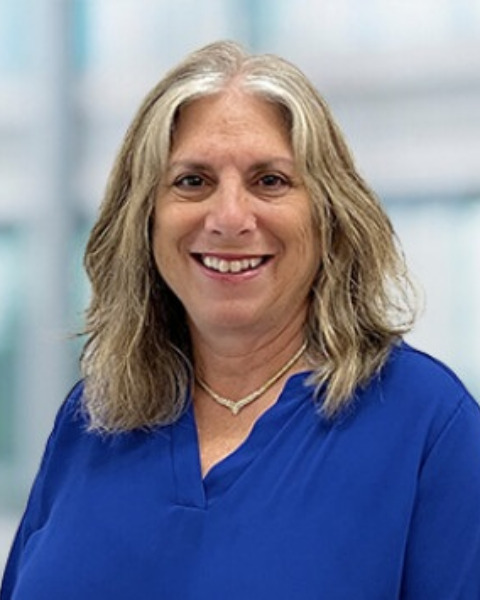Amplification and Assistive Devices (AAD)
PP306 - Assessment of Hearing Health and Technology Literacy for Patients within the Dallas Area: Phase 2
- SH
Sophia Hrassnigg, BS (she/her/hers)
University of Texas at Dallas
University of Texas at Dallas, TexasFinancial Disclosures: I do not have any relevant financial relationships with anything to disclose.
Non-Financial Disclosures: I do not have any relevant non-financial relationships with anything to disclose. 
Carol Cokely, PhD
AuD Program Head
University of Texas at Dallas
The University of Texas at Dallas
Denton, TexasFinancial Disclosures: I do not have any relevant financial relationships with anything to disclose.
Non-Financial Disclosures: I do not have any relevant non-financial relationships with anything to disclose..jpg)
Shawna Jackson, AuD
Coordinator Clinical/Dispensing Services
Callier Center for Communication Disorders- University of Texas at Dallas
Dallas, TexasFinancial Disclosures: I do not have any relevant financial relationships with anything to disclose.
Non-Financial Disclosures: I do not have any relevant non-financial relationships with anything to disclose.
Lead Presenter(s)
Contributor(s)
Summary:
Abstract:
In an on-going investigation, an ad-hoc survey, The Technology Confidence Questionnaire (Revised) (TCQR) was used to evaluate technology literacy. Previously, Phase I revealed that socio-economic status impacted technology literacy score for patients whose primary language is English. Phase 2 investigated technology literacy for both patients whose primary language is English and patients whose primary language is Spanish. The potential influencing factors of age, education, socio-economic status, employment status, gender, and primary language on technology literacy was investigated. The relationship between overall technology literacy and use of hearing technology also was explored.
Summary:
This study continues to assess the influence of demographic factors on technology literacy, specifically primary language (English and Spanish) and socioeconomic status for adults seeking hearing healthcare in the Dallas Fort Worth Metroplex. Phase 1 of this 3-phase study showed that participants with a lower socio-economic status had a lower self-rating of technology literacy as defined by an ad-hoc survey, the Technology Confidence Questionnaire (TCQ). Phase 2 of the study continues to evaluate the influence of demographic factors on self-reported comfort with technology. Specifically, phase 2 includes a comparison of the Spanish-speaking participants with English-speaking participants in technology access and comfort. Eighty percent of Whites report owning a desktop or laptop computer as compared to Black adults (69%) and Hispanic adults (67 %) (Atske & Perrin 2021). Regarding technology use and language, 72% of Latino users are English dominant or bilingual while only 28% of internet users are Spanish dominant (Lopez, Gonzalez-Barrera, & Patten, 2013). This study investigates the influence of age, education, socio-economic status, employment status, and gender on technological literacy for participants whose primary language is English or Spanish.
Methods:
The Technology Confidence Questionnaire (TCQ) was created in English in Phase 1 of this study. It is an adaptation of the Computer Proficiency Questionnaire (CPQ) and the Mobile Device Proficiency Questionnaire (MDPQ). The revised TCQ (TCQR) was translated into Spanish (S-TCQR). The TCQR and S-TCQR contain 38 items, consisting of patient demographics, hearing health status, technology preferences, and comfort with technology. Patient demographics (7 questions) detail age, gender, education level, employment status, ethnicity/race, socio-economic status, and primary language. Patients can complete the survey online through an QR code or on paper. Audiologist at the Callier Center who agreed to participate in this research project, provided patients with access to the paper version of the survey. Each survey directs participants to preferred languages: English or Spanish. All participants must sign a consent form which is available in English and Spanish. The participants in the study remain anonymous.
Results and
Conclusion:
We anticipate that SES will impact knowledge with general and hearing technology. We also anticipate with the Spanish-speaking participants overall TCQ scores will also be lower than the English-speaking counterparts. Lastly, participants who report hearing loss and who use hearing aids will have a higher TCQ score than those who report hearing loss but do not have a hearing amplification device.
Learning Objectives:
- Upon completion, participants will be able to list and identify factors that influence technology literacy for patients within the Dallas area.
